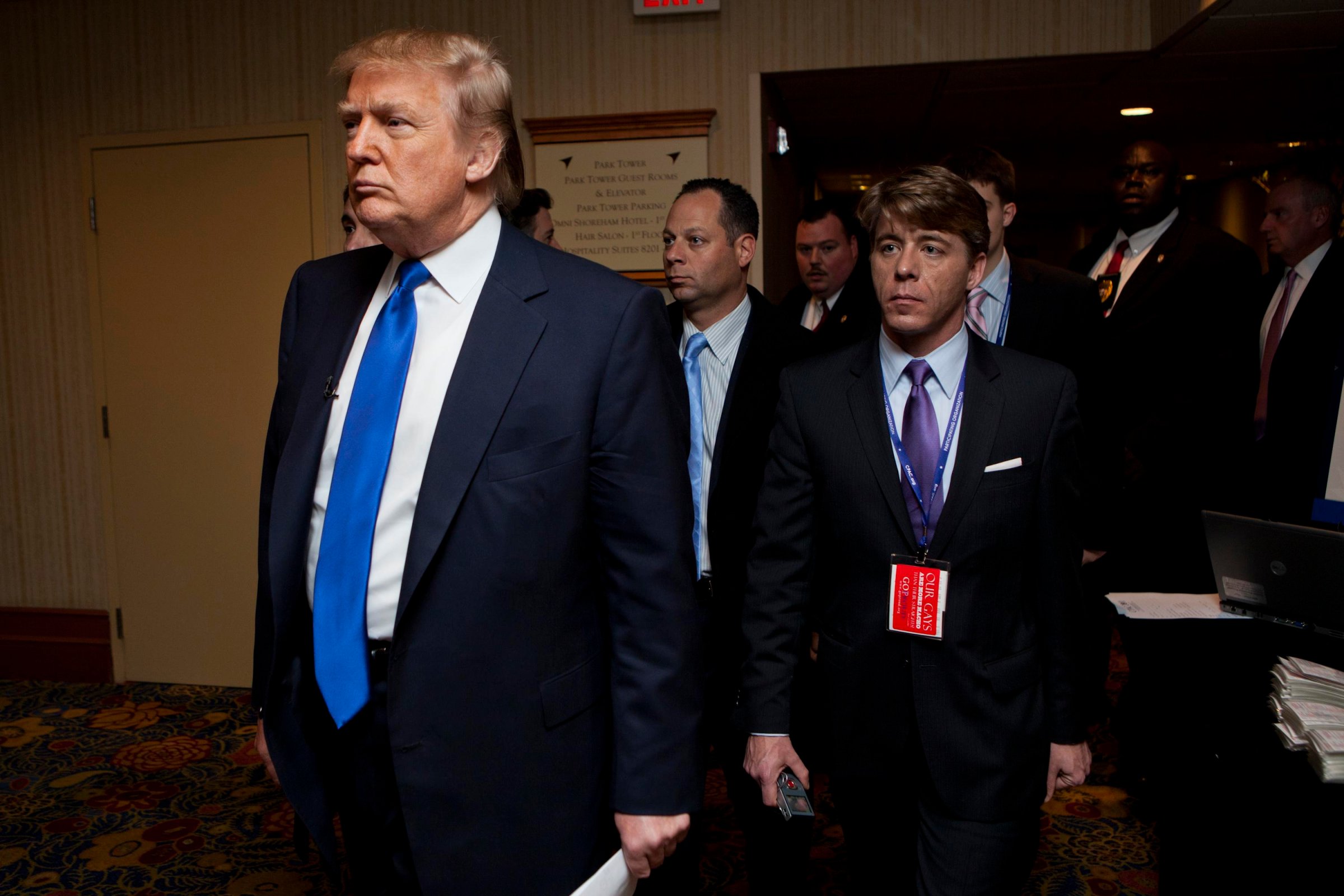
It’s been a long time since ideology and philosophy of government dominated our political discourse. In our modern partisan political arena even the old words “conservative,” “liberal,” “Republican” and “Democrat” just don’t seem to mean what they used to mean. The fundamental dynamic of politics today is “us versus them,” and winning against “them” seems to be the most important thing. We saw this strategy on display during the third Republican presidential debate Wednesday night.
This mindset infects both major political parties, but it’s particularly illustrative in the modern GOP. In recent years, almost the only thing that has united Republicans is opposition to the Democrats. That’s how they’ve been able to keep together their untenable coalition of different groups who share little else in common. Just fight “them.”
One recent example of the priority of political victories over good government was House Majority Leader Kevin McCarthy’s admission that one of the biggest accomplishments of the Republican-led House was that the Benghazi committee had driven down Hillary Clinton’s poll numbers.
It’s not just the Democrats that they attack. Often lately, “us versus them” is playing out even among groups within the GOP, and the attack culture is also routinely used to demonize other groups outside of the party in order to build support among activists. It’s particularly unsettling when the attacks on “them” highlight cultural differences and serve to divide people based on who they are.
That dynamic is all you have to look at in order to understand the rise of Donald Trump. He rocketed to the top of the polls by tapping into the fears of the segment of the Republican Party who are uncomfortable with people who are culturally different from them.
I admit that I was intrigued by Donald Trump as a candidate, at first. In fact, I invited him to give his first speech as a potential candidate in 2011 at the Conservative Political Action Conference at the invitation of GOProud, the organization for gay conservatives I co-founded and led. That was before he launched into his cultural division strategy by trying to demonize his potential opponent in that race, President Barack Obama. Trump was the ringleader of the birther movement, the campaign to convince voters that the president was actually born in Kenya, not his native Hawaii. His message was that Obama was not one of “us.”
Trump has taken the politics of demonization and division to a whole new level, but this isn’t the first time Republicans have targeted cultural diversity to pit different groups against each other. The Richard Nixon campaign’s racist “Southern strategy” and George W. Bush’s 2004 anti-gay re-election campaign are other examples in recent history.
And Trump isn’t the only one attacking “them” this year in an effort to attract Republican primary voters. The campaigns of Ben Carson and Ted Cruz have also used that strategy to appeal to their evangelical Christian audience’s discomfort with cultural diversity.
The political problem for Republicans is that today in America, we are living in a very diverse multicultural country. Our country includes Hispanics, Muslims, gays, blacks, and many other groups who all have cultural experiences that are unique to their group’s experience. Those unique cultural experiences are what we bring to our shared American cultural melting pot. It’s fundamentally what makes all of us “us.”
I left the two-party system and became politically independent because I didn’t want to be on a team against “them” anymore. I hope more people will find that independence and come together with all of “us” to work to make our country better.
Jimmy LaSalvia is the author of No Hope: Why I Left the GOP (and You Should Too). He is a strategist, commentator, speaker, founder of the organization GOProud and previously served as the director of programs and policy for Log Cabin Republicans.
More Must-Reads from TIME
- Why Trump’s Message Worked on Latino Men
- What Trump’s Win Could Mean for Housing
- The 100 Must-Read Books of 2024
- Sleep Doctors Share the 1 Tip That’s Changed Their Lives
- Column: Let’s Bring Back Romance
- What It’s Like to Have Long COVID As a Kid
- FX’s Say Nothing Is the Must-Watch Political Thriller of 2024
- Merle Bombardieri Is Helping People Make the Baby Decision
Contact us at letters@time.com